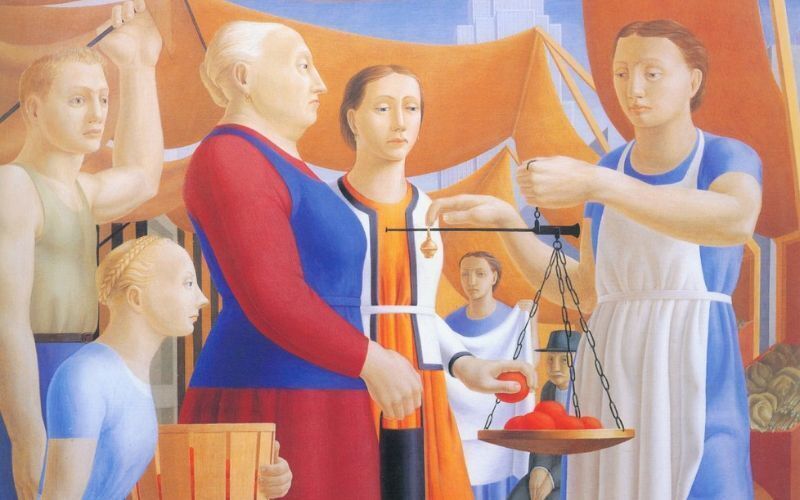This course is available now on-demand. On-demand courses by design are self-paced and can be taken anytime. On-demand courses do not include interactions with an instructor.
Cost: FREE or by donation
The principle of compassion lies at the heart of all religious, ethical and spiritual traditions, calling us always to treat all others as we wish to be treated ourselves. Compassion impels us to work tirelessly to alleviate the suffering of our fellow creatures, to dethrone ourselves from the centre of our world and put another there, and to honor the inviolable sanctity of every single human being, treating everybody, without exception, with absolute justice, equity and respect.
On February 28, 2008 acclaimed scholar and bestselling author Karen Armstrong received the TED Prize and made a wish—to help create, launch, and propagate a Charter for Compassion. After much work and the contribution of thousands of people the Charter was unveiled to the world on November 12, 2009.
This is a course about the Charter that was begun under Karen Armstrong’s vision and the work that has evolved throughout the years. More importantly, it is an invitation to those participating in the course to become involved in working towards a more equitable, just and peaceful world.
This course is part two in the four-course series on Compassion. Participants who complete all four of our signature courses on Compassion will receive a certificate of completion.
What you will Learn
Part One: The Charter
- The Origins
- The Document
- The Movement
- The Launch
- The Milestones
- The Logo
Part Two: Structure of the Charter for Compassion
- Structure of the Organization
- Board of Trusties and Global Compassion Council
- Partners and Sectors
- Charter Education Institute
Part Three: Compassionate Cities, Communities and Regions
- Overview of Compassionate Cities and Communities
- Compassionate Cities and Communities
- Creating a Compassionate Community Initiative: Tool Box, SDG’s, Spiritual Themes
- What Makes a Compassionate Community?
Part Four: Strategic Partners
- The Compassion Anthology
- CCARE - Stanford University
- Compassion Action Network
- Compassion Games
- Center for Compassion Integrity and Secular Ethics
- Empathy and Compassion in Society
- Greater Good Science Center
- Human Values Center
- Living Room Conversations
- Parliament of World Religions
- The Peace Pledge
- TED
- United Religions Institute (URI)
- Yes! Magazine
Part Five: Compassionate Action Activities
- Volunteering with the Charter for Compassion
- Hosting a Charter Salon
Part Six: Special Charter for Compassion Projects
- Asia and Pacific Healthcare Hub
- Charter for Compassion Blogs
- Encuentros Mundial de Valores
- Films for the Planet
- Global Read Program
- Golden Rule Day
- SEE
- Think Equal
Part Seven: Charter for Compassion Publications and Social Media
- Charter for Compassion You Tube Channel
- medium.com
- Sound Cloud and Webinars
- Spiritual Assets for Community Building
Part Eight: The Charter’s Tagline: Peace Starts Here
- How Do We Build A more Compassionate World?
- Opening Our Eyes
- Peace, Salaam, Shalom
- Inner Peace to World Peace
About the Instructor

Marilyn Turkovich started with the Charter for Compassion (CFC) in 2013 as the education director and since that time has moved into a number of different roles with CFC. She is currently the Executive Director at CFC.
Marilyn's background has been primarily in higher education and most specifically in directing teacher training programs for the Associated Colleges of the Midwest, and chairing Columbia College-Chicago's master's program in multicultural and global education. She has done a considerable amount of curriculum writing through the years, much of it related to international and cultural topics. She worked with Independent Broadcasting Associates on a series for airing on National Public Radio, BBC and the Australian Broadcasting companies. There was a period of time in the 1990s when she worked in organizational development and specialized in instructional design work, strategic planning and leadership development. She also wrote and developed training on race and social justice initiatives.

